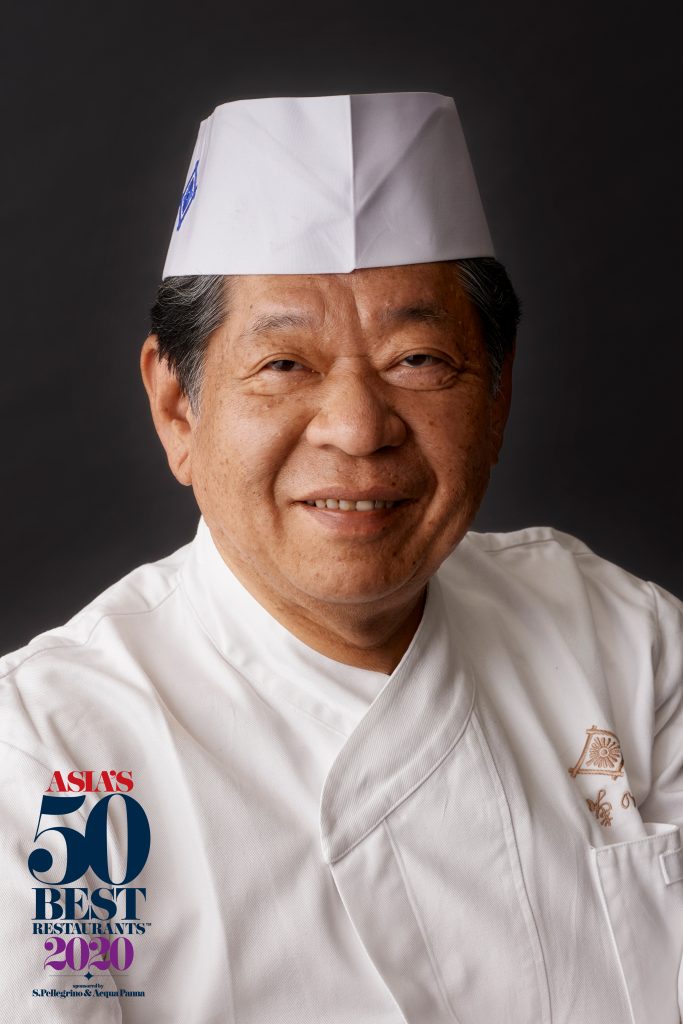
American Express Icon Award: Yoshihiro Murata of Kikunoi
Yoshihiro Murata of Kikunoi in Kyoto has been awarded the American Express Icon Award for the Asia’s 50 Best Restaurants 2020, an award voted on by one’s peers. Known not only for his championing of traditional Japanese cuisine, but also originating the Japanese Culinary Academy, we sit down with the esteemed chef to know a bit more about his journey.
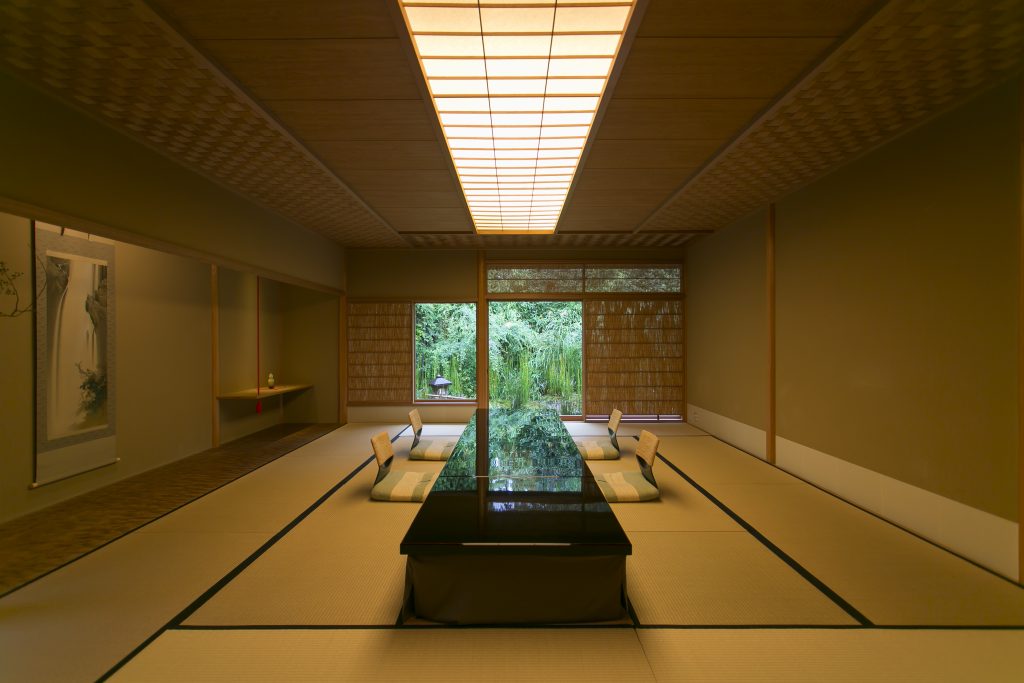
How do you feel about being awarded the American Express Icon Award for Asia’s 50 Best Restaurants 2020?
I regard this prestigious award as validation of my lifelong goal to share Japanese cuisine with the rest of the world. I am grateful that the members of the Asia’s 50 Best Restaurants Academy appreciate my work. I hope I can inspire younger Japanese chefs to share their passion, explore the diversity of locally-grown ingredients and educate others on authentic Japanese cuisine
What inspired you to create the Japanese Culinary Academy?
First of all, the objective of setting up the Japanese Culinary Academy is to promote and develop Japanese Cuisine worldwide as well as sustaining food production within the country itself to feed the growing population. Japan’s population is currently at 1.26 billion and will eventually dwindle to 80 million after 50 years. It is our mission to leave our cuisine to the next generation as a cultural symbol, and to do so by facilitating educational programmes and cultural exchanges to promote Japanese cuisine.
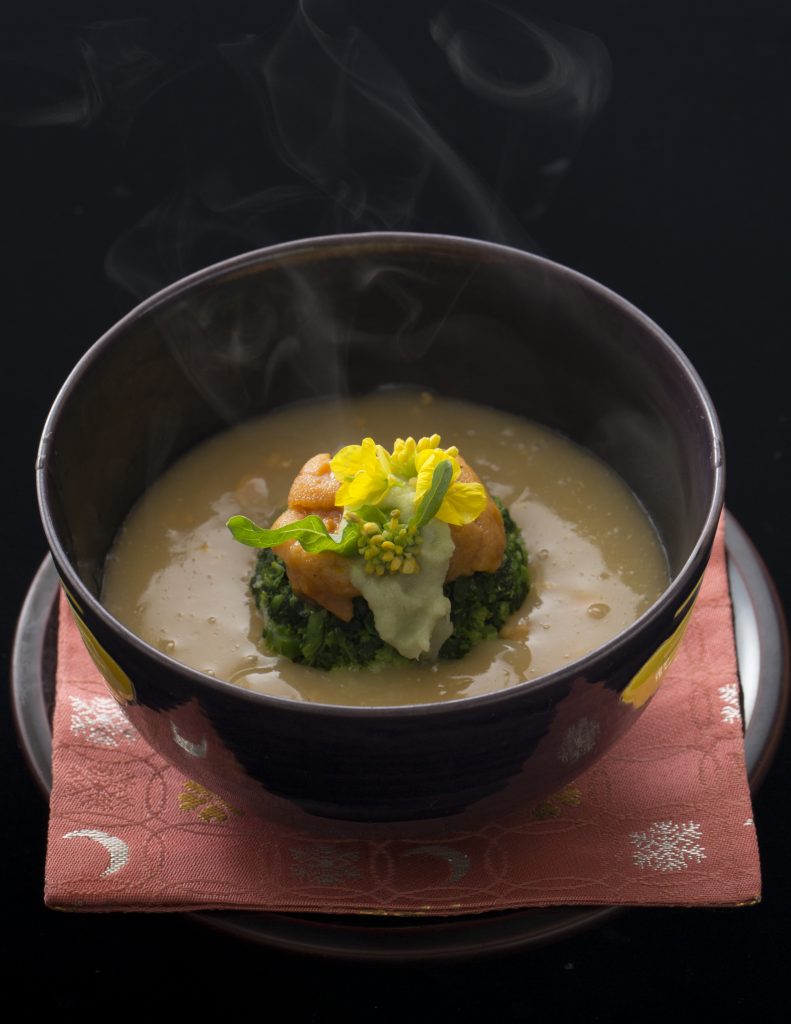
How has Japan’s dining scene changed since you started your career?
Almost 50 years ago, I went to Paris, when I was 21. Then, people did not know where Japan was, let alone what Japanese cuisine was. Therefore, I decided to devote my life to helping people all over the world understand Japanese cuisine and promoting Japanese Cuisine across the globe. Now it is very much part of worldwide cuisine: umami is commonly known across the world. It is a dream for me that Japanese chefs and cooking have become so influential.
Where do you see yourself heading in the next year?
Sustainable Development Goals (SGGs) in terms of sustainable ingredients and sustainable restaurants are currently on my mind. Kombu, an important ingredient for making soup, is nearly extinct. How can the world make use of sustainable ingredients to create cuisines which the next generation will enjoy? To achieve this goal, I think that experienced chefs like us should have a summit to discuss what we have to do.
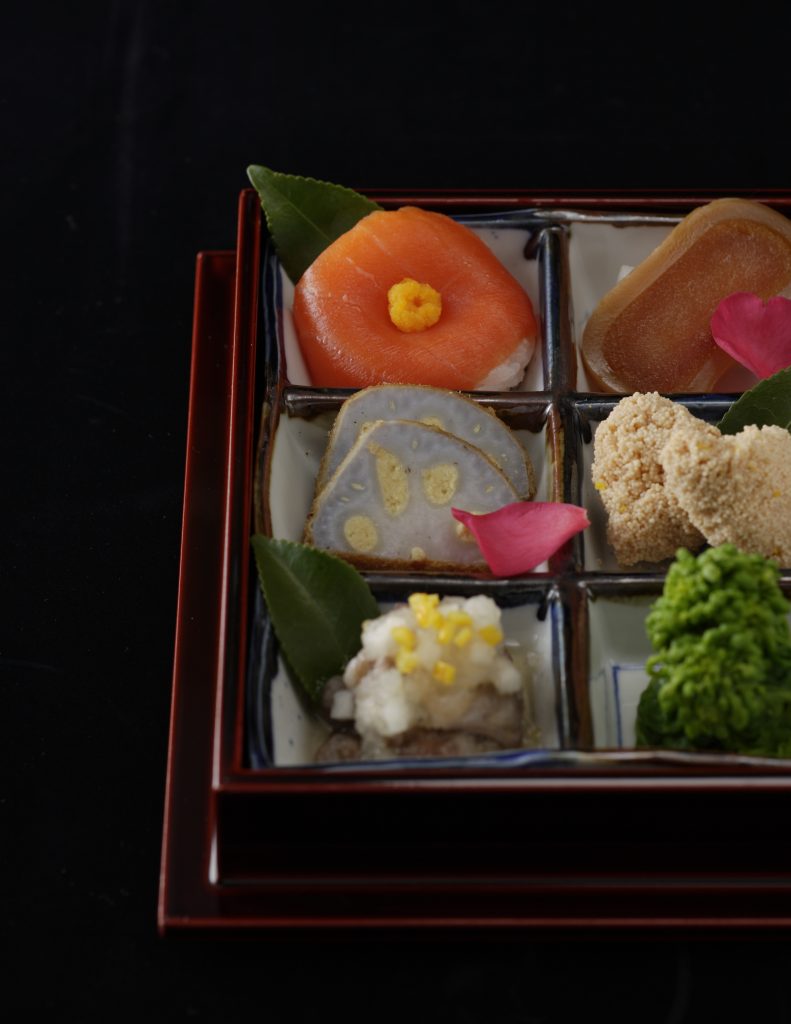
What is your philosophy when it comes to your cuisine at Kikunoi?
To cook beautifully, one must flourish with dignity, be simple yet elegant and possess a passion, spirit and strength for cooking.
Traditional vs Modern Japanese cuisine. Any thoughts?
We always talk about protecting tradition. For me, tradition is protected by continuously applying new practices every day. By repeating a new practice and connecting it to tradition, it will become the tradition. That is my own interpretation. Therefore, we need to try new things all the time in order to protect tradition.
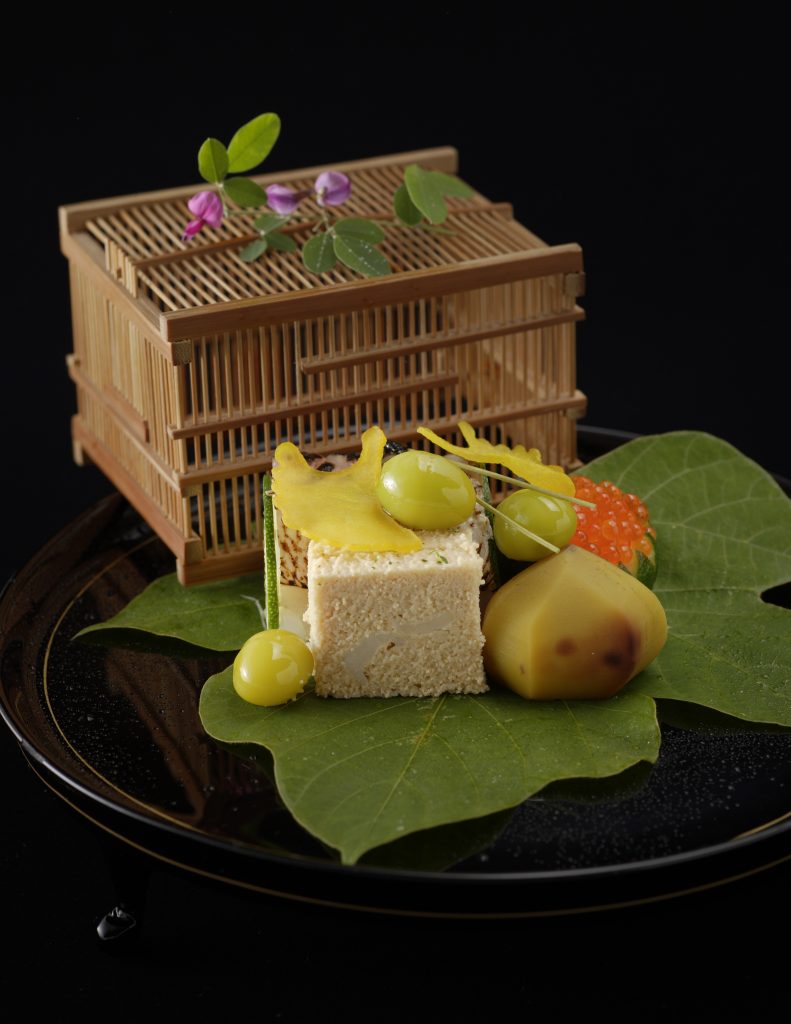
There is still a large component of western techniques and influence when it comes to fine dining. How do you feel the landscape of cuisine is changing when it comes to world cuisine?
New elements and old elements have been coming in and out of worldwide cuisine. In the past, French cuisine and Chinese cuisine played leading roles, and now there are many top Spanish chefs, for example. The spirit of gastronomy has been spread worldwide. The reasons may be down to people’s desire for delicious food and the accumulation of experiences. This shift will not stop and it will motivate chefs even further. But for me, extreme appearances, extreme decoration and extreme scientific approaches will be eliminated more as time passes.
The Asia’s 50 Best Restaurant 2020 will be telivised live on the 50 Best Facebook Page on 24th March 2020.
For all 50 Best related content, see 50 Best.
| PHOTOGRAPHY: ASIA’S 50 BEST RESTAURANTS | WEBSITE: KIKUNOI |